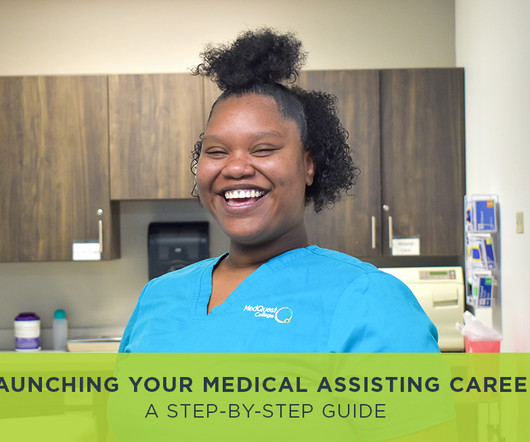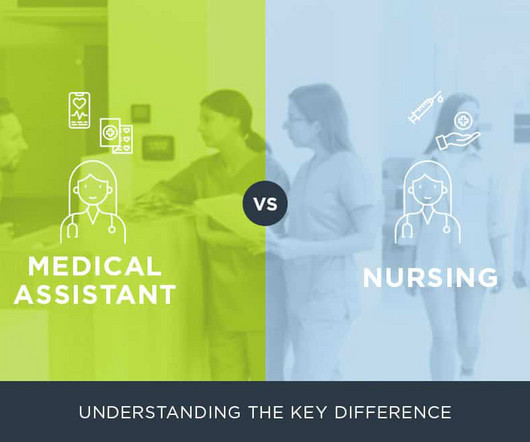Common Myths About Medical Assistants
Scrubs
NOVEMBER 2, 2023
Many medical assistants are trained in clinical and administrative tasks, making them versatile healthcare professionals. They can often perform clinical duties like taking patient vital signs, administering injections, and assisting with minor surgical procedures.













Let's personalize your content